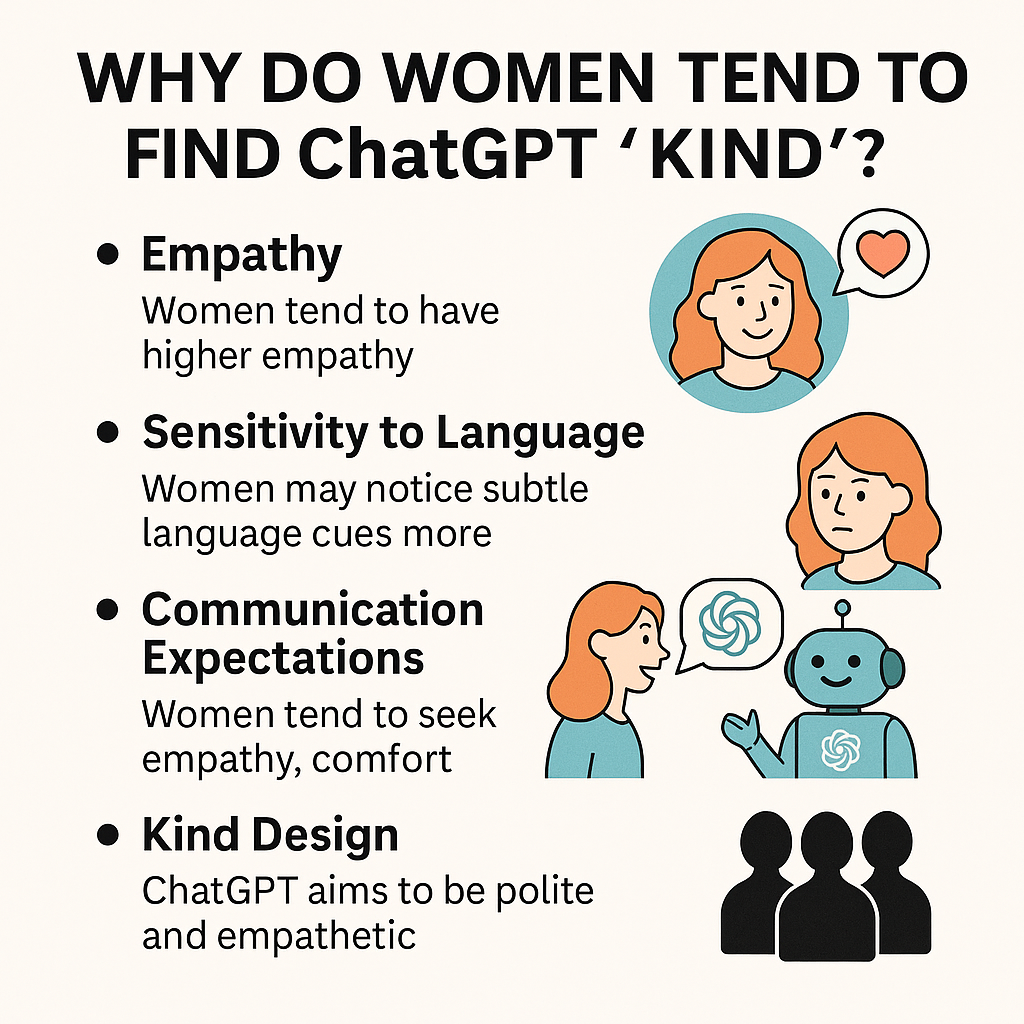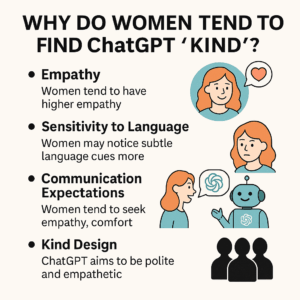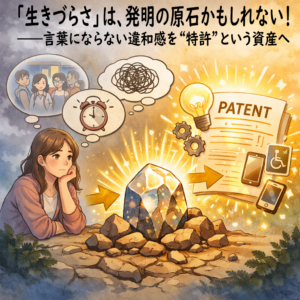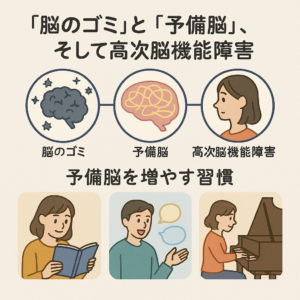Introduction
“It feels like ChatGPT is really kind.”
This is a comment we often hear—especially from women. But what makes people feel this way? In this blog post, we’ll explore the psychology, linguistics, and design philosophy behind ChatGPT to understand why many women perceive it as especially kind and comforting.
1. Empathy: A Key Difference
Studies have shown that, on average, women tend to have higher empathy than men. They’re more likely to notice others’ emotions and value considerate communication.
ChatGPT is designed to respond in an empathetic way—using gentle, supportive language. For people who are naturally more empathetic, this tone resonates deeply. As a result, women are more likely to perceive ChatGPT as kind and emotionally intelligent.
2. Sensitivity to Language
Research also suggests that women tend to be more sensitive to subtle language cues, such as tone, word choice, and emotional context.
Even a simple phrase like “I understand” or “That sounds tough” from ChatGPT can feel emotionally supportive. This heightened sensitivity helps women pick up on kindness even in short AI responses—something that may be overlooked by others.
3. Different Expectations in Communication
Men and women often have different goals in conversation:
- Men often focus on problem-solving and information exchange.
- Women are more likely to seek emotional connection, empathy, and shared understanding.
ChatGPT is designed to fulfill the latter—it listens, responds gently, and provides a non-judgmental space. This aligns closely with what many women seek in daily communication, making the AI feel more comforting and satisfying.
4. Kindness Is Built Into ChatGPT’s Design
ChatGPT was developed by OpenAI with the intention of being safe, non-confrontational, and helpful. It avoids aggressive tones and strives for neutral, polite, and empathetic communication.
This intentional kindness in design mirrors the kind of emotional refuge many women seek when dealing with misunderstandings or emotional friction in daily life.
5. Social Roles and Cultural Norms
Social expectations also shape how people interact with AI. From an early age, women are often encouraged to “care for others” and “understand emotions” more than men. This continues into adulthood in many homes, schools, and workplaces.
As a result, when women finally find themselves on the receiving end of care—even from an AI—it can stand out in a deeply meaningful way.
6. Of Course, Individual Differences Exist
It’s important to stress that not all women find ChatGPT kind, and many men do appreciate ChatGPT’s empathetic responses as well.
Some people—regardless of gender—approach AI with skepticism and see it as purely mechanical. Others feel emotionally supported and even comforted by its responses.
Gender differences are only general trends. Ultimately, how a person perceives ChatGPT depends on their personality, values, and personal experiences.
7. ChatGPT as a Mirror of Our Inner Needs?
Interestingly, how people feel about ChatGPT may reflect their own emotional expectations or social roles.
- If someone longs for more kindness in their life, they may find ChatGPT especially soothing.
- If someone is naturally nurturing, they may connect with ChatGPT’s tone of care more easily.
In this way, ChatGPT is not just a tool—it can serve as a mirror of our inner emotional world.
Conclusion
Why do many women find ChatGPT kind? The answer seems to involve a combination of:
- Greater empathy
- Higher language sensitivity
- Different communication goals
- Thoughtful AI design
- Social and cultural influences
These factors work together to create a dynamic where ChatGPT’s gentle responses resonate more strongly with women.
And beyond gender, these insights reveal something deeper:
How we respond to AI can teach us what we value, what we long for, and how we wish to connect—both with others and ourselves.











コメント